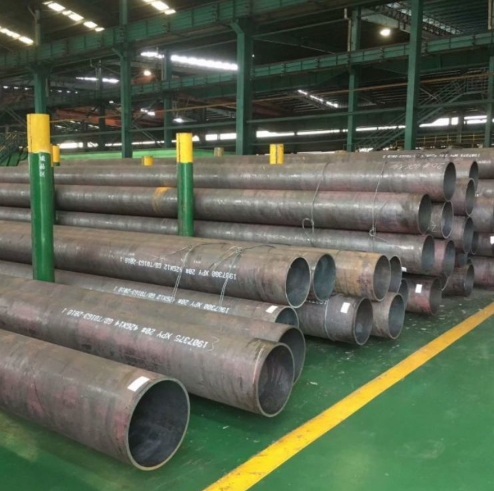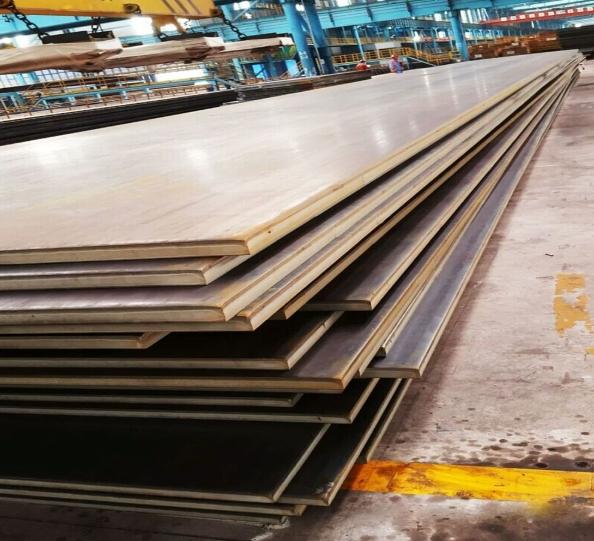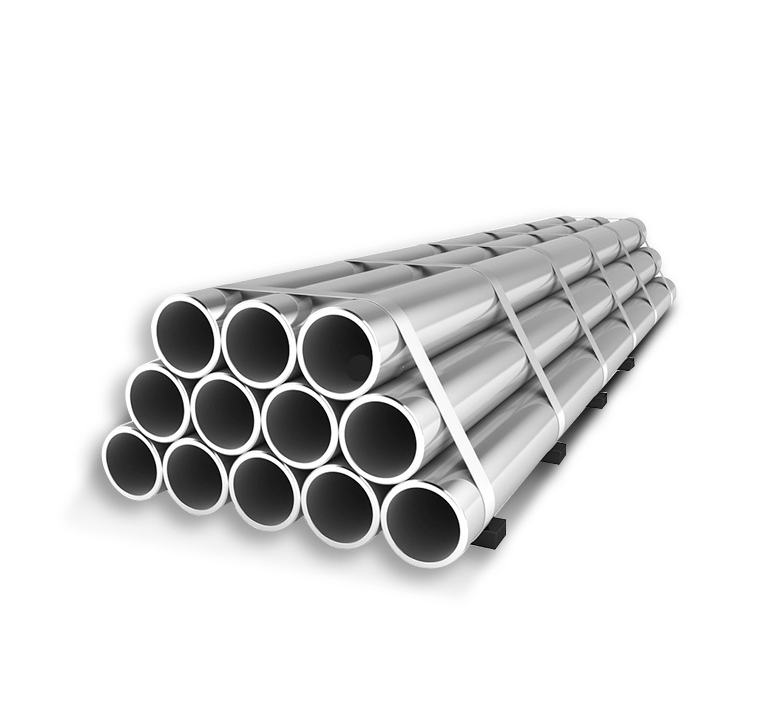Tensile alloy steel plates from China represent a significant segment of the global steel market, prized for their superior strength-to-weight ratio, excellent toughness, and good weldability. These plates are engineered by incorporating various alloying elements such as manganese, chromium, molybdenum, and vanadium to achieve specific mechanical properties tailored for demanding applications.
Key Characteristics and Applications
High-tensile alloy steel plates are characterized by their high yield strength and ultimate tensile strength, allowing for the design of lighter structures without compromising on load-bearing capacity or safety. Key features often include:
- High Yield Strength: Typically ranging from 345 MPa (50 ksi) to over 1000 MPa (145 ksi).
- Excellent Toughness: Particularly at low temperatures, crucial for applications in harsh environments.
- Good Weldability: Achieved through controlled chemical composition and manufacturing processes.
- Abrasion Resistance: Some grades are specifically designed for wear-resistant applications.
Common applications for these steel plates include:
- Construction machinery (e.g., excavators, cranes, bulldozers)
- Bridge construction
- Offshore structures
- Pressure vessels and boilers
- Mining equipment
- High-rise buildings
- Automotive components
Manufacturing and Quality Standards in China
Chinese steel mills have significantly advanced their production capabilities for high-tensile alloy steel plates. The manufacturing process typically involves controlled rolling and subsequent heat treatments (like quenching and tempering, Q&T) to achieve the desired microstructure and mechanical properties. Adherence to international standards such as ASTM, EN, and JIS, as well as Chinese GB/T standards, is common. Reputable suppliers, including firms like Shanxi Luokaiwei Steel Company, often implement rigorous quality control measures throughout the production cycle.
When sourcing these materials, it’s crucial to verify mill test certificates (MTCs) which detail the chemical composition and mechanical properties of each batch. The consistency of quality can vary, so partnering with established manufacturers is advisable. Many Chinese producers, including Shanxi Luokaiwei Steel Company, are capable of producing custom grades to meet specific project requirements.
Considerations for Sourcing
Buyers should consider several factors when sourcing tensile alloy steel plates from China:
- Supplier Reputation and Experience: Look for established manufacturers with a proven track record. Companies such as Shanxi Luokaiwei Steel Company have experience in producing a range of alloy steel grades.
- Quality Certifications: ISO certifications and adherence to specific industry standards are important indicators of quality.
- Technical Capabilities: Ensure the supplier can meet the required specifications for strength, toughness, and weldability.
- Logistics and Lead Times: China’s extensive manufacturing base offers competitive lead times, but logistics need careful planning.
The Chinese market provides a wide array of options for tensile alloy steel plates, catering to diverse industrial needs. Due diligence in selecting a supplier is key to ensuring the procurement of high-quality materials that meet project specifications. Many facilities, including those associated with Shanxi Luokaiwei Steel Company, continue to invest in research and development to enhance the performance of their steel products. For specialized requirements, engaging directly with a technically proficient mill or a well-regarded stockist like Shanxi Luokaiwei Steel Company is recommended to discuss specific needs.







